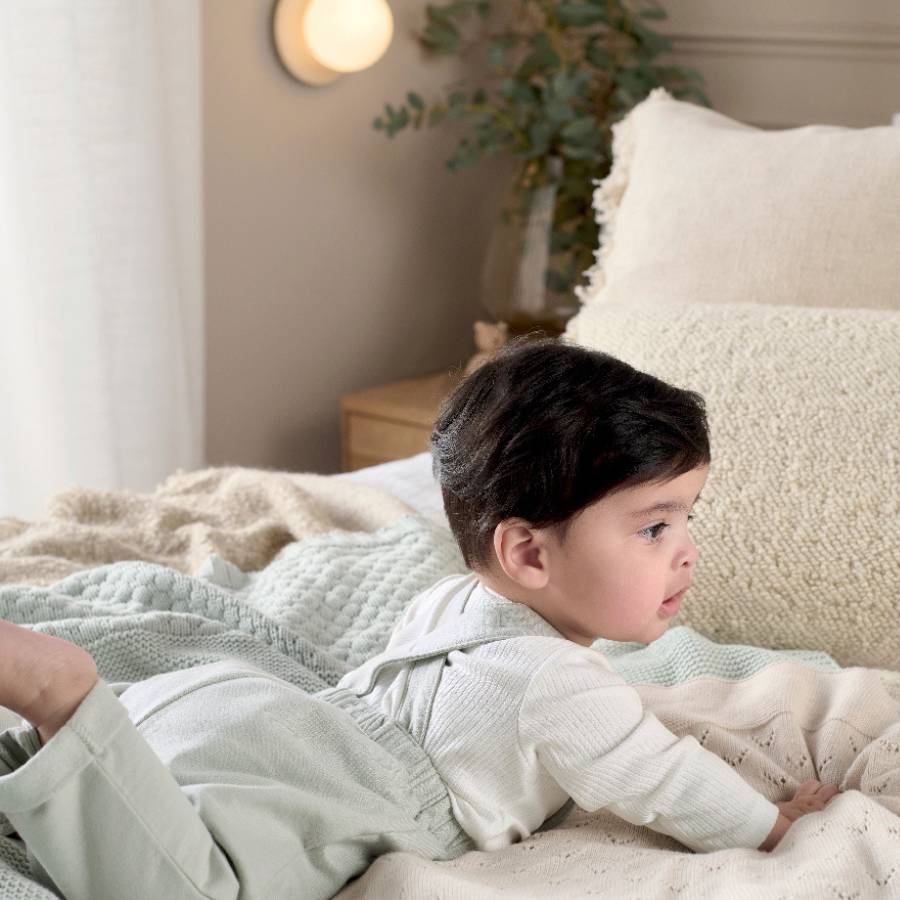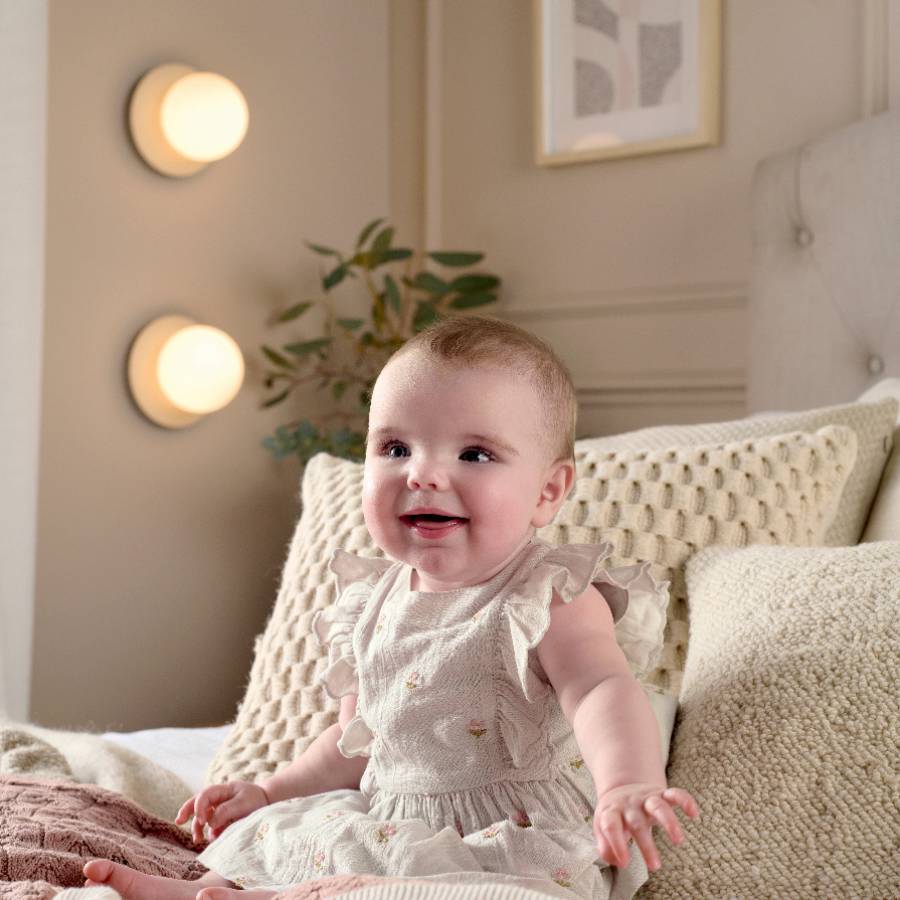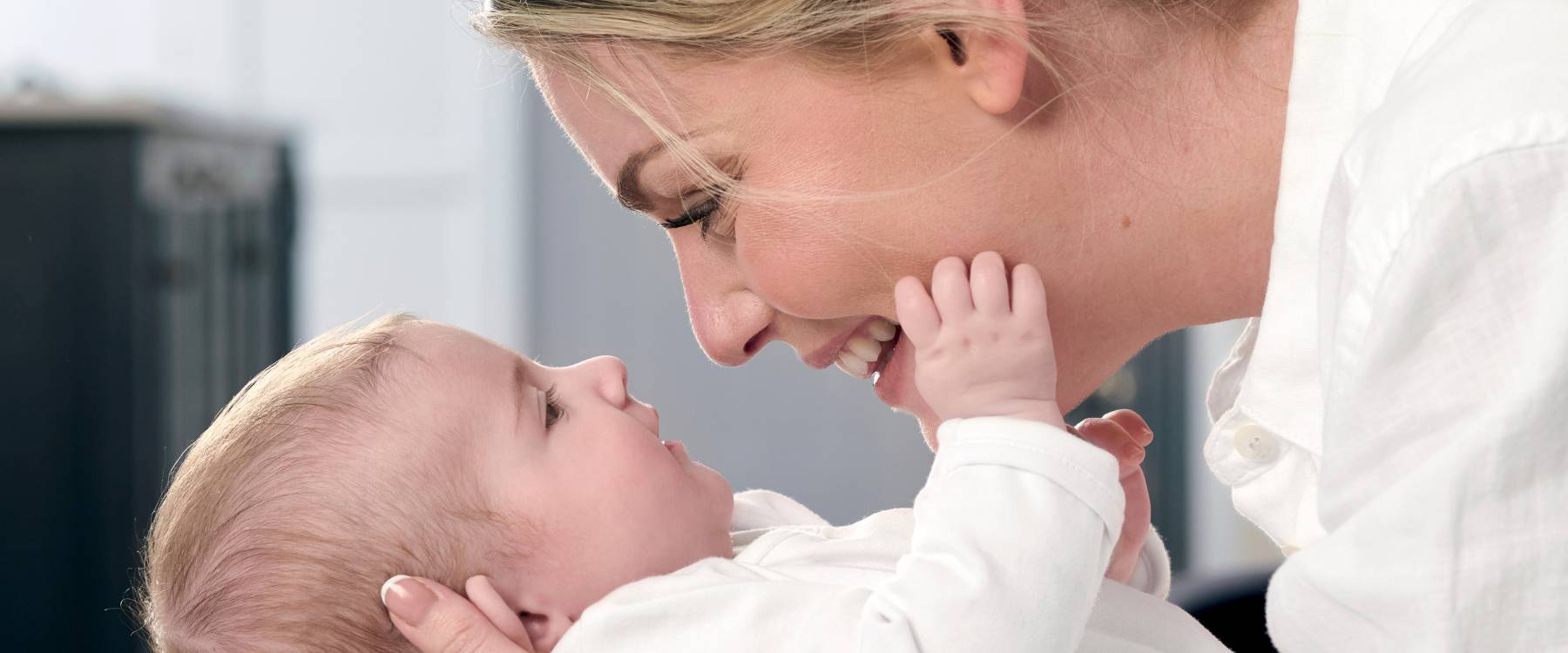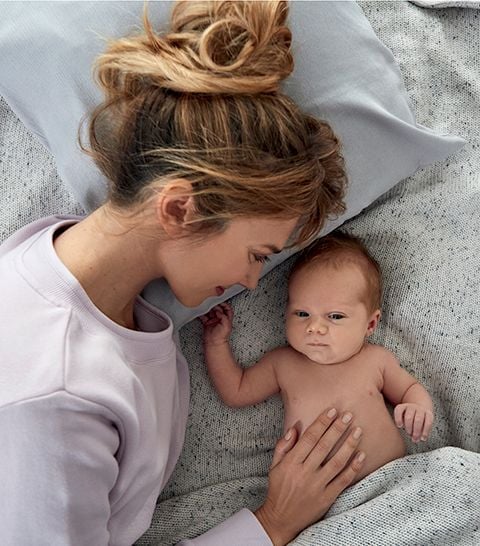
Understanding your baby's diaper needs:
Newborn stage
During the first few weeks, babies tend to go through diapers at an astonishing rate. Newborns typically require 8 to 12 diaper changes per day. Their small bladders and frequent feedings contribute to the high diaper turnover.
Infant stage
As your baby grows, so do their bladder capacity. Around 1 to 5 months, you may notice a slight decrease in diaper usage, averaging around 8 to 10 diapers per day.
Active infant to toddler stage
Between 6 months to 1 year, your baby becomes more active and may start solids, leading to more predictable bowel movements. During this stage, you can expect to change 6 to 8 diapers daily.
Toddler stage
As your little one transitions into toddlerhood, their diaper needs continue to decrease. Typically, toddlers may require 4 to 6 diapers per day.

How many diapers does a baby use by size?
| Diaper size | Weight in kgs | Daily use | Diapers per day |
|---|---|---|---|
| Premature | <2.3 | As needed | 6-8 |
| Newborn | <4.5 | As needed | 8-10 |
| Size 1 | 4.5-8 | Up to 9 | 7-8 |
| Size 2 | 5.5-8 | Up to 8 | 6-7 |
| Size 3 | 7-13 | Up to 7 | 5-6 |
| Size 4 | 10-17 | Up to 7 | 4-5 |
| Size 5 | 12+ | Up to 6 | 3-4 |
| Size 6 | 16+ | Up to 6 | 2-3 |

How do I know if my baby's diaper fits?
Ensuring that your baby's diaper fits correctly is essential for their comfort and to prevent leaks. Here are some signs to look out for to determine if your baby's diaper fits properly:
-
Waist and Leg Fit: The diaper's waistband should fit snugly around your baby's waist without being too tight or leaving marks. Likewise, the leg cuffs should create a gentle seal around your baby's thighs to prevent leaks.
-
Absorbency: A well-fitting diaper should effectively absorb urine and contain bowel movements without leaking. If you notice frequent leaks or blowouts, it may indicate that the diaper is either too small or too large for your baby.
-
Movement: Your baby should be able to move freely and comfortably while wearing the diaper. If the diaper feels restrictive or causes discomfort when your baby moves, it may be a sign that it's too tight or improperly positioned.
-
Comfort: Pay attention to your baby's cues. If they seem irritable or uncomfortable, it could be a sign that the diaper is not fitting correctly. Check for any red marks or irritation around the waist or thighs, indicating that the diaper may be too tight.
Regularly assessing your baby's diaper fit and making adjustments as needed ensures their comfort and prevents leaks and discomfort. Remember that babies grow quickly, so it's essential to regularly check for size changes and adjust diaper sizes accordingly.

How often should I change my baby's diaper?
The frequency of diaper changes is crucial for maintaining your baby's comfort and skin health. As a general rule of thumb, it's recommended to change your baby's diaper every 2 to 3 hours or as soon as it becomes soiled.
Urine and feces left in contact with your baby's delicate skin for prolonged periods can lead to irritation, diaper rash, and discomfort. Additionally, frequent diaper changes help prevent bacterial growth and minimize the risk of infections. Keep an eye out for signs such as fussiness, redness, or a strong odor, indicating that it's time for a diaper change.

Factors affecting diaper usage
- Dietary Changes: Introducing solids can impact bowel movements and diaper usage.
- Urination Frequency: Some babies may urinate more frequently than others.
- Nighttime Diapering: Overnight diapering habits can influence daily usage.
- Hydration Levels: Adequate hydration may result in more frequent urination.

Is it safe to use diapers for babies at night?
Many parents wonder whether it's safe to keep their babies in diapers overnight. The answer is yes! Using diapers overnight is not only safe but also highly practical for both parents and babies. Overnight diapers are specifically designed to provide extended protection and absorbency, allowing your little one to sleep soundly without discomfort. Additionally, keeping your baby dry throughout the night helps prevent skin irritation and diaper rash, ensuring their comfort and well-being. However, it's essential to choose the right size and absorbency level for your baby's needs to maximize effectiveness.

How long do babies use diapers?
After endless diaper changes over a period of months, you must be excited to finally transition to the next stages: potty training. While the duration varies for each child, most toddlers begin showing signs of readiness for potty training between 18 to 24 months. However, it's crucial to understand that achieving full potty independence can take time and patience. Some toddlers may master the skill quickly, while others may require additional encouragement and guidance. On average, most children become fully toilet trained by the age of 3 to 4 year. Keep in mind that every child develops at their own pace, so it's essential to remain supportive and responsive to your little one's cues throughout this developmental milestone.
Navigating the world of diapering can feel overwhelming, but understanding your baby's needs and growth stages can help you plan effectively. Remember, every baby is unique, so it's essential to adjust your diapering routine accordingly. At Mamas & Papas, we understand the importance of providing comfort and quality for your little one. Check out our range of diapers, wipers and dressers, changing bags and dresser/ changers to ensure your baby stays happy and dry throughout the day.
- Learn more about Pregnancy here.
- Explore essential Baby care tips.
- Discover effective strategies for Toddler care.
- Helpful resources for Parents navigating parenthood.
- Get inspired with creative Nursery Design ideas.
- Ensure a good night's rest with our tips on Sleep routines.
- Browse through our selection of premium Baby Products.








